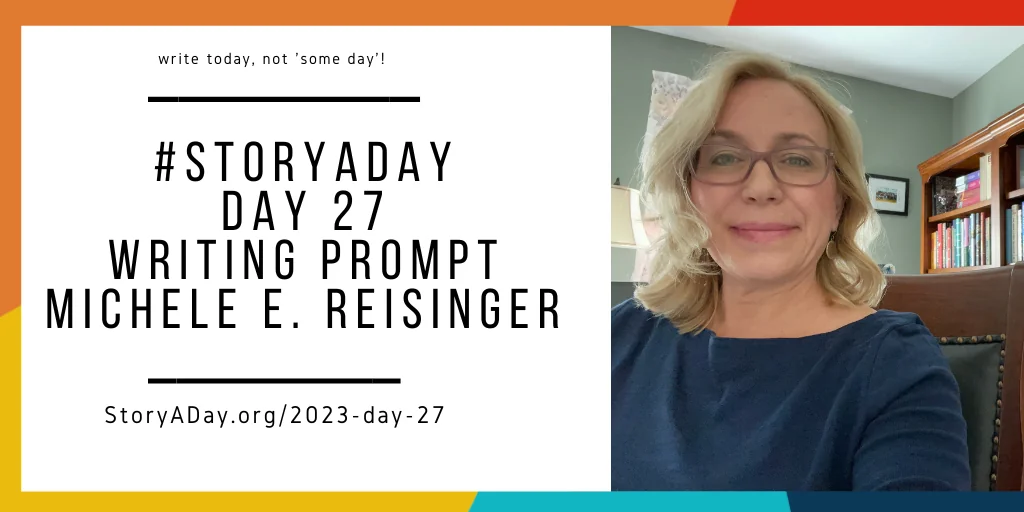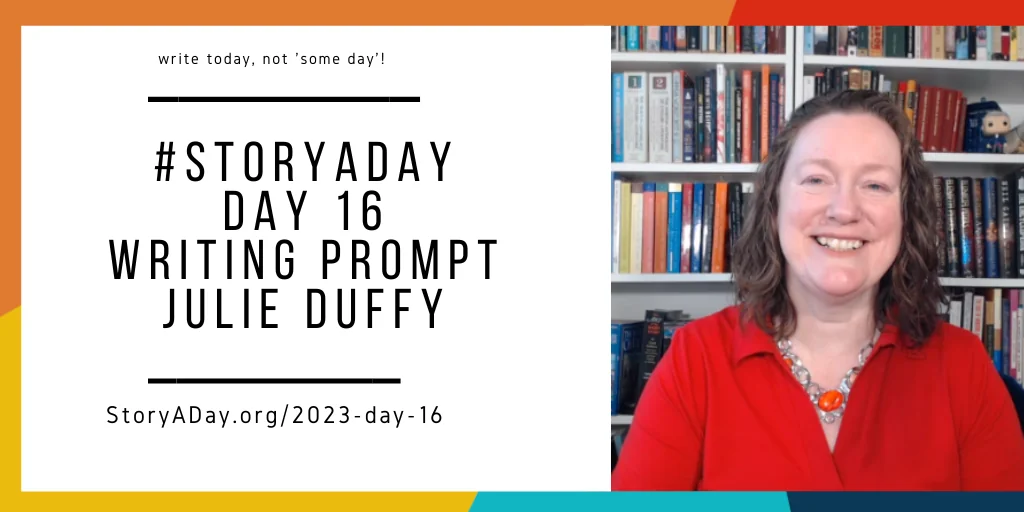The Prompt
A lawyer I know once told me there are only two kinds of people in this world: Those who think the pre-deceased should decide how to disperse their life’s work and those who think themselves entitled to it.
Write a story told as a LAST WILL AND TESTAMENT.
You can be silly or serious, realistic or really weird.
Which of the two kinds of people is your protagonist?
Which is their beneficiary? Is there a third kind of person?
What message may your protagonist be trying to send, and do the beneficiaries agree?
Consider your time period and genre, as well as the bequests. Are they sentimental, practical, or fantastical?
The gold pocket watch in 1886 could be a family heirloom, but in 6881 a portal between universes. What if the watch were BOTH those things, regardless of space and time?
Play around with the topic.
Maybe instead of writing the document, you write the story of the passed-down object or one of the beneficiaries.
Maybe you write about the ugly vase or the empty booze bottle, around whose necks cryptic notes are strung.
Maybe you focus on the relative who expected everything and received nothing. Or the lawyer, maybe, duped by the pre-deceased into unscrupulous behavior.
Whatever you decide, your story needn’t be macabre or gloomy. It can be, of course, but it can also be playful.
It can be joyous.
Michele E. Reisinger
Michele is a writer and StoryADay Superstar living in Bucks County, PA, with her family and never enough books. Her short fiction has appeared in Across the Margin, Stories That Need to be Told, Sunspot Literary Journal, Dreamers Creative Writing, and others. Find her online at mereisinger.com.
Join the discussion: what will you do with today’s prompt OR how did it go? Need support? Post here!

Here’s your next Game Piece. save the image and share on social media with #storyaday
Prefer paper crafts? Here’s the cut & paste version












